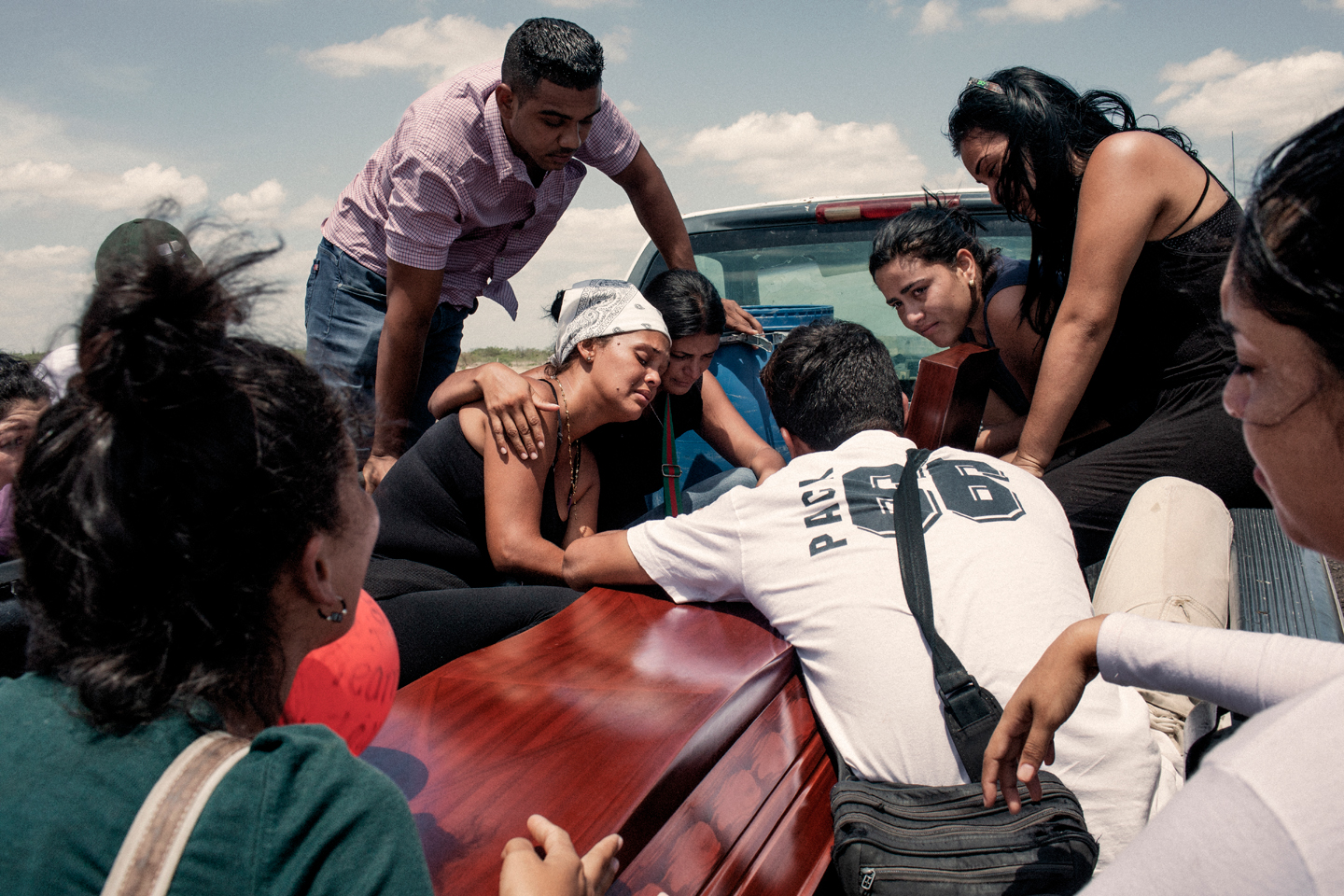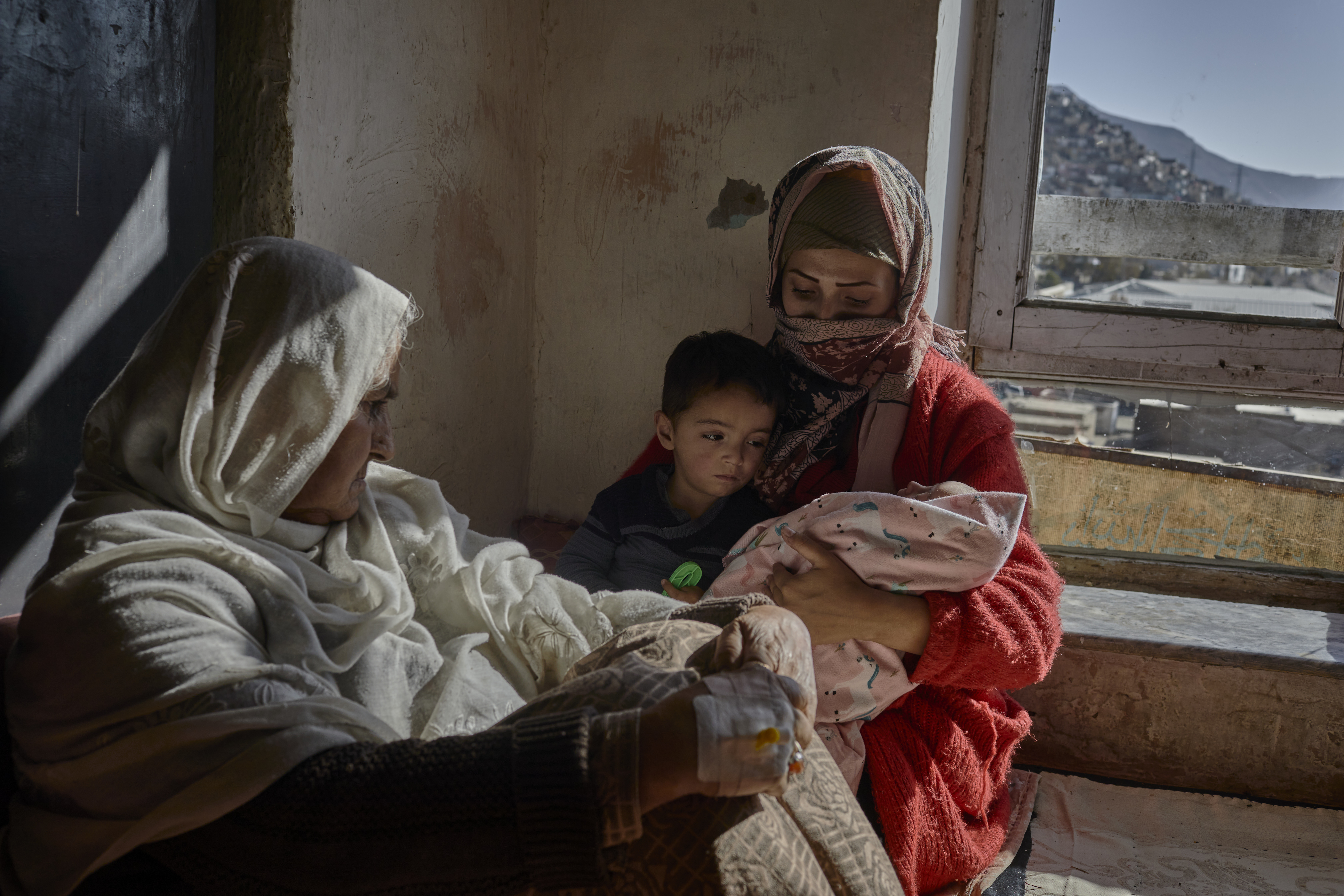Colombian coroner gives Venezuelans dignified burials
Colombian coroner gives Venezuelans dignified burials

Over the nearly half-century that she worked in forensics, there was one thing Sonia Bermúdez simply could not abide: the sad fact that those whose families could afford funerals were given very different treatment from those who could not.
And so, she set about eliminating that disparity, founding a non-profit organization dedicated to making sure the poorest and most vulnerable people receive a dignified burial – regardless of their nationality or their loved ones’ ability to pay.
"The dead ask for clemency, they ask for help."
Called “Gente Como Uno,” or “People like Us,” it started back in 1996 when Colombia was in the throes of a bloody, 50-year-long armed conflict, and it carries out the whole funeral process for the destitute.
It acquired a cemetery, and now more than 300 plots are occupied by Venezuelans – refugees and migrants, driven from home by hunger and insecurity, who perished in their search for safety.
“It made me so sad to see what shape they were in after crossing the border,” said Sonia, a coroner by training who retired after 46 years with the medical examiner’s office in Riohacha, a city on Colombia’s north-eastern border with Venezuela.
An estimated 1.7 million Venezuelan refugees and migrants have sought safety in Colombia in recent years. Thousands more have made the risky journey through the country, often on foot, en route to Ecuador, Peru and even Chile. Not all of them make it to their destinations.
While there is no estimate of how many Venezuelans who have fled the country have perished abroad, stories of people hit by vehicles as they trudge along the shoulders of highways, or succumbing to illnesses or exhaustion along the way, are tragically frequent throughout the region.
At first, Sonia helped one single family. Burying their loved one in the charity’s cemetery “brought them peace and tranquillity,” Sonia said.
And now, when deaths occur in the Venezuelan community in Riohacha, this border municipality of nearly 200,000 people, bereaved family, friends or even casual travelling companions of the dead know to reach out to Sonia.
“Imagine the trauma of a family that’s not able to bury their loved one.”
Some of the stories of the dead stay with her, among them that of a Venezuelan mother and her adult son. Under terrible stress, the mother died from a heart attack, and her heartbroken son took his own life soon after. They are both buried in Sonia’s cemetery.
“I will never forget them,” said Sonia, adding, “their story really left a mark on me.”
“People Like Us” got its start 25 years ago after authorities in Riohacha told Sonia there was no more space to bury several so-called “no names” – unidentified remains that had gone unclaimed.
Sonia simply would not stand for it. She pestered municipal authorities until she eventually secured a 5.5-hectare plot on the outskirts of town to establish her project.
“The dead ask for clemency, they ask for help,” said Sonia, whose empathy for the deceased is so strong she routinely refers to those she helps bury as “my dead ones.”
The work of “People Like Us” has also been draining, both emotionally and financially, Sonia says. While she has received funding from organizations including UNHCR, the UN Refugee Agency, the costs of running the small NGO often outstrip its small budget, meaning that Sonia must reach into her own pocket to bury those in need.
Yet still, Sonia remains unflaggingly committed to her mission of making sure that the poor and most vulnerable are buried with dignity, regardless of their nationality or legal status.
“Imagine the trauma of a family that’s not able to get help to have a dignified burial for their loved one,” she said, adding that such trauma can often spark social problems later on. “I see the work I do helping the most vulnerable as the biggest thing I can do to build peace.”









